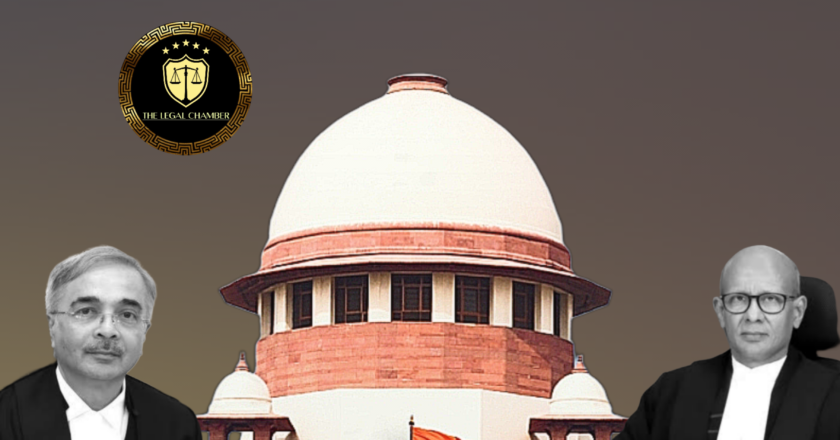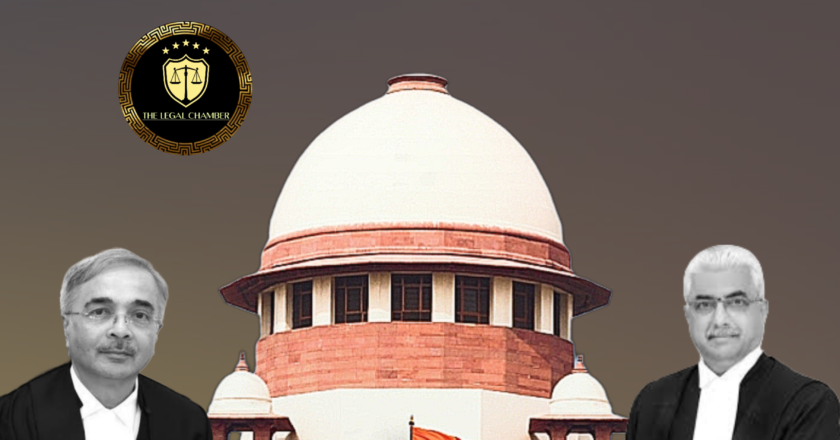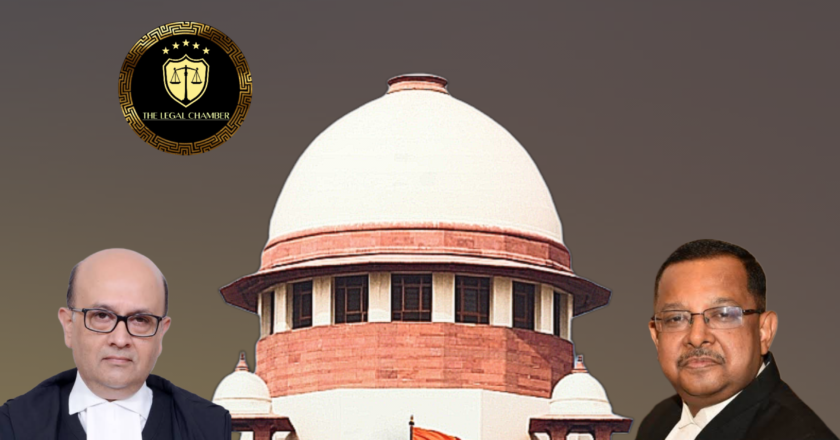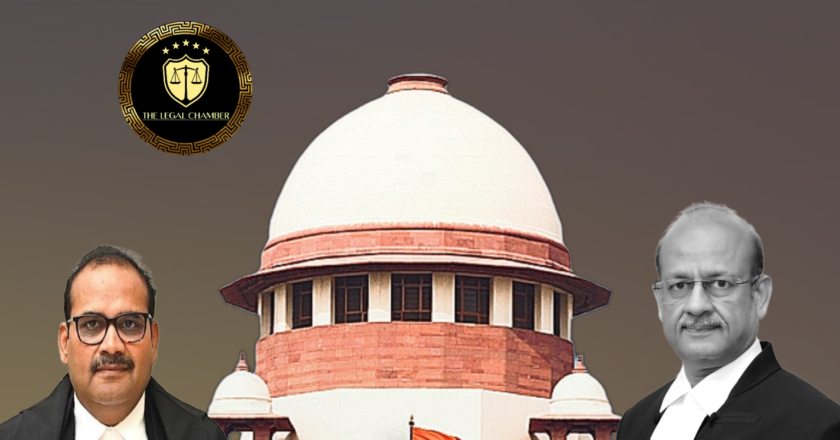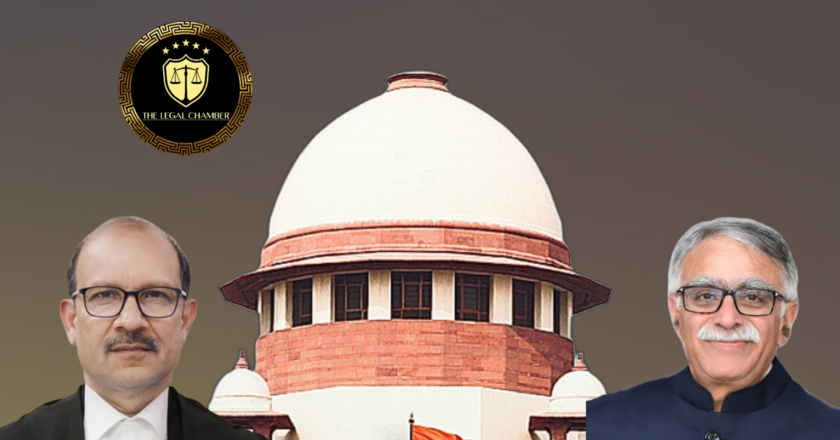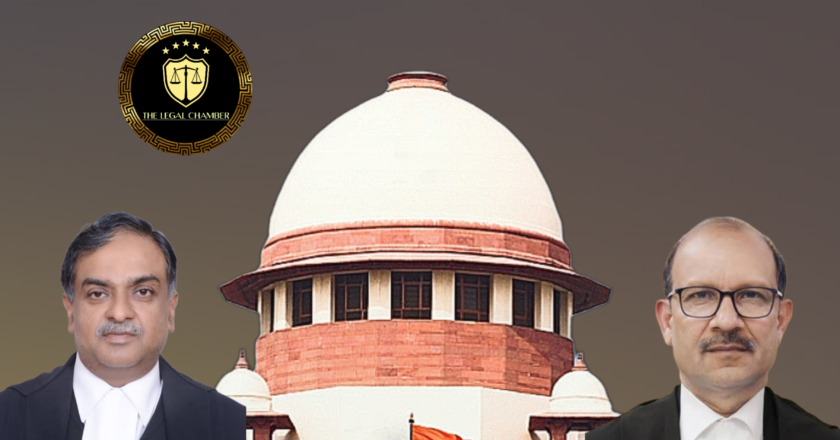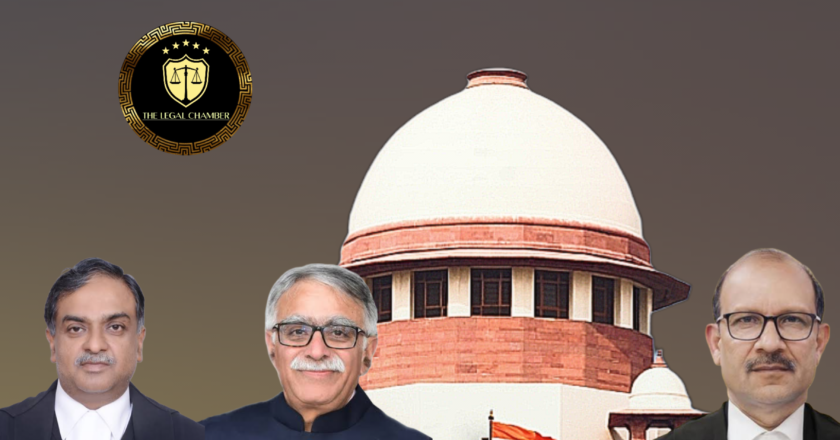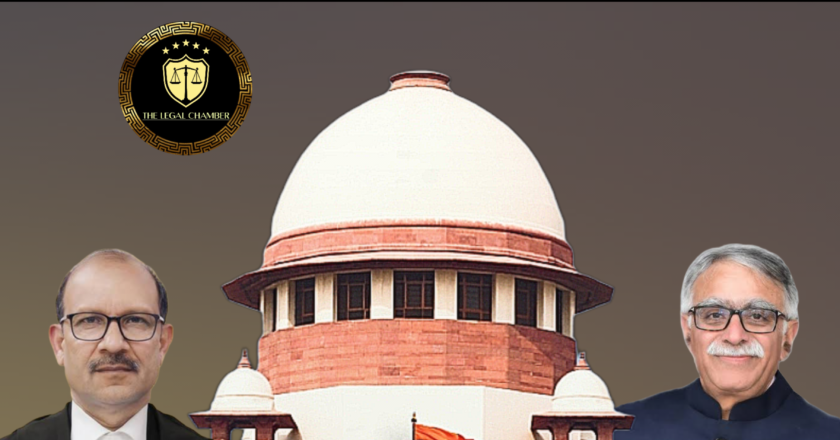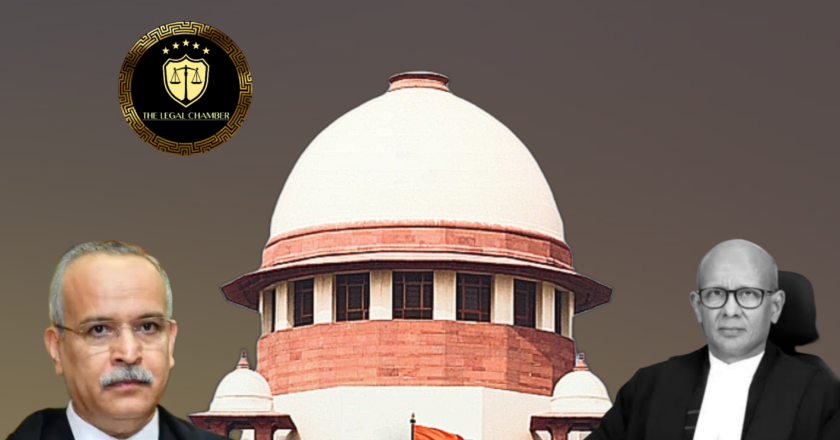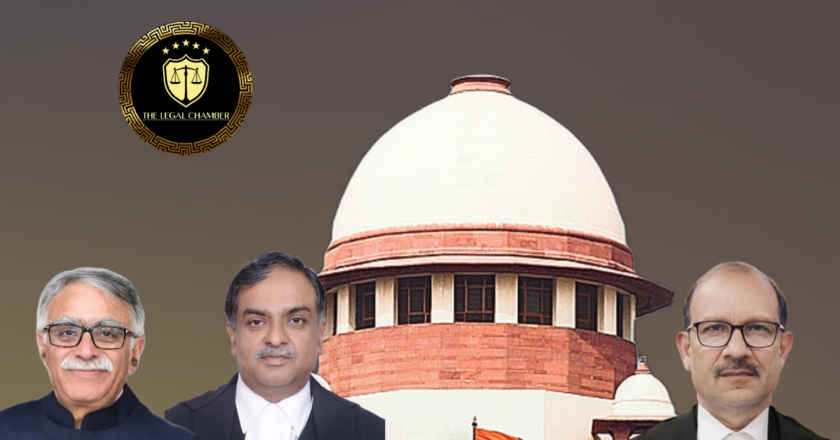Supreme Court Settles Decade-Long Hydel Power Tariff Battle, Explains Limits of Private PPA Changes
The Supreme Court affirmed that the electricity tariff and Power Purchase Agreements (PPAs) are not purely private contracts. Under Section 86(1)(b) of the Electricity Act, 2003, they must be reviewed and approved by the State Electricity Regulatory Commission. A generating company and distribution licensee cannot unilaterally set or modify tariffs without the regulatory commission's mandatory approval.
Facts Of The Case:
The case originated from a dispute over the tariff payable for electricity supplied by M/s. KKK Hydro Power Limited. The company initially established a 3 MW hydro plant under a 2000 Power Purchase Agreement (PPA) with a fixed tariff of ₹2.50/kWh. In 2007, it augmented the project's capacity to 4.90 MW. A new PPA was executed in 2008 for the revised capacity, but it ret...
